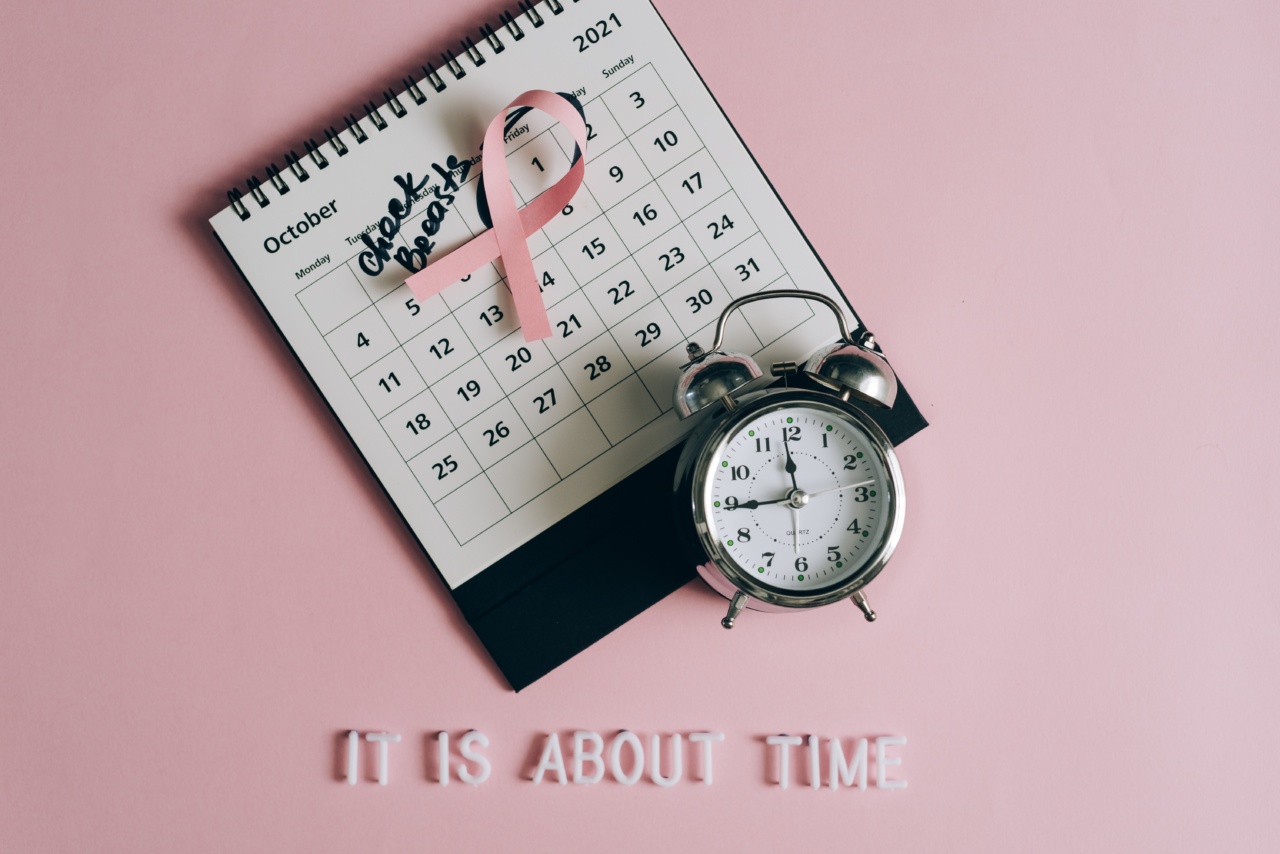Smoking has long been known as the leading cause of lung cancer, but why exactly does smoking increase your risk of cancer? And is it really true that only smokers get lung cancer?.
What Happens to Your Lungs When You Smoke?
When you smoke, the nicotine and other chemicals in cigarettes travel through your lungs and into your bloodstream.
This causes damage to the cells in your lungs, making it harder for them to do their job of getting oxygen into your blood and removing carbon dioxide. Over time, this damage can turn into cancer.
But smoking doesn’t just cause lung cancer.
It can also increase your risk of other types of cancer, like throat, liver, and bladder cancer, and can lead to a variety of other health problems, like heart disease, stroke, and respiratory diseases like COPD.
Do Non-Smokers Get Lung Cancer?
While smoking is the leading cause of lung cancer, it’s not the only cause. In fact, about 20% of people who die from lung cancer have never smoked. So what other factors can increase your risk of lung cancer?.
Exposure to radon, a radioactive gas that can build up in homes and other buildings, is one of the leading causes of lung cancer in non-smokers. Exposure to asbestos and air pollution can also increase your risk.
Can You Reduce Your Risk of Lung Cancer?
The best way to reduce your risk of lung cancer is to quit smoking. If you’ve never smoked, you can still reduce your risk by avoiding exposure to secondhand smoke and other lung cancer risk factors like radon and air pollution.
Eating a healthy diet and getting enough exercise can also help reduce your risk of cancer and other chronic diseases.
Some studies have also suggested that getting regular check-ups and screenings may help detect lung cancer early, when it’s most treatable.
The Bottom Line
Smoking is still the leading cause of lung cancer, but it’s not the only cause. Whether you smoke or not, it’s important to be aware of the factors that can increase your risk of lung cancer and take steps to reduce your risk.
If you’re a smoker, the best thing you can do for your health is to quit smoking. Talk to your doctor about resources to help you quit, like nicotine replacement therapy, prescription medications, and counseling programs.



























